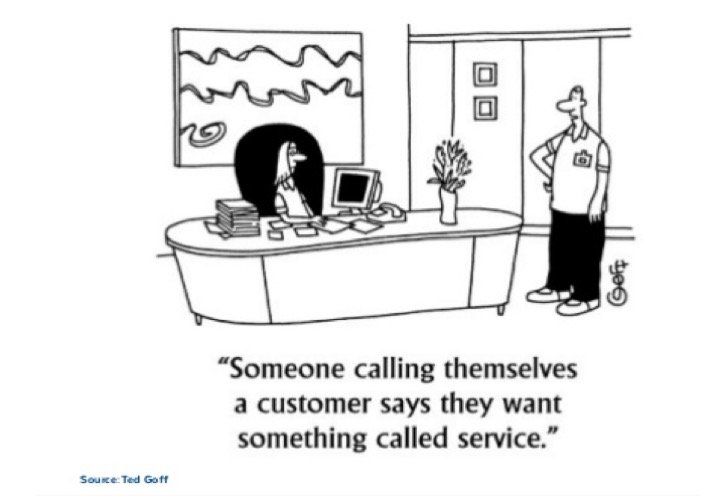Stakeholders are People
- by Paul Kelly
- •
- 06 Dec, 2018
Stakeholder Engagement is about dealing with real people

Managing stakeholders is the right the thing to do, but there are two questions that you should ask before leaping into action.
Firstly, why are you trying to manage them – what is your motivation? Secondly, what exactly are you trying to manage?
In many respects, the desire to manage stakeholders as part of a change process is a good thing. The recognition that for any change there are “people or small groups with the power to respond to, negotiate with, and change the strategic future of the organization” (Eden and Ackermann, 1998) or that stakeholders are “any group or individual who can affect or is affected by the achievement of the organization's objectives” (Freeman, 1984) starts to embrace a more open and engaging approach to managing change initiatives.
Since the 1980s when the term started to become embedded into our change management vocabulary, the tools and techniques to manage stakeholders have become widely adopted.
The typical stakeholder management process usually involves steps such as; identification, analysis/categorisation, planning, then action, where the action is usually aimed at overcoming resistance, creating support or promoting the views of those who are seeking to make changes – changes which are taken for granted to be the right thing to do by those tasked with driving them.
In categorising the stakeholders we talk about their level of influence or interest and then we attempt to analyse them in terms of their likely reaction to the change itself. Are they important supporters, unimportant detractors, are they dangerous, are they sheep, are they champions? The language can be colourful, even provocative, but is intended to be useful.
So far so good – It’s clearly important to think about all these stakeholders and even though the language used may sometimes be quite adversarial, I would be the first to encourage those trying to make changes in an organisation to consider all their stakeholders. After all its just good practice and the very process of identifying and categorising requires a degree of appreciation of, and an attempt to understand, others which can only be a good thing – right?
Well perhaps – let us return to those additional ‘why’ and ‘what’ questions.
Why?
Firstly, why are you “managing your stakeholders”? What is your motivation?
Is it to drive the change through to conclusion, to overcome resistance? Or is it to engage people so that they become part of the change, or to encourage them to help shape it and perhaps improve it? This question I will leave with you to reflect on. The answer you provide will tell you a lot about the actions that you are likely to take, the likelihood of the process being two-way, and the type of response or engagement you will receive.
What?
What exactly are you trying to manage or influence?
Here I am asking you to challenge the categorisation of stakeholders typically adopted and to start questioning whether such categorisations provide sufficient insight to help.
So let us ask some additional questions.
Why are those who you have as categorised as either supporters or detractors, behaving as they do? Are you sure those that you have identified as adversaries really are that? Have you assumed something about their motivation based on actions you've observed but without a real understanding of what their action was a sign of? Have you projected or attributed your own biases and feeling onto them? Does your assessment of a stakeholder tell you something about them, or is it more about you?
The answer to these questions are much more insightful and useful, and once asked are a reminder that a “stakeholder” is a person – and so are you!
These questions force us to consider the motivations and actions of others in the wider context of personality and culture.
Personality is like your hardware operating system – it’s hardwired and whilst it might appear different over time and in different circumstances the preferences you have for certain kinds of mental behaviour such decision-making and the type of information you seek out and are comfortable with, do not change.
These aspects of personality will have a fundamental impact on the way that you express yourself and prefer to be communicated to, and your likely reaction to change.
The different aspects of culture whether country, family, organisation, company or team may be less hardwired, but are no less deep-seated and are the result of a shared history of events and circumstances. Culture will also impact communication preferences and attitudes to change generally as well as to the specific change being considered.
Understanding stakeholder actions and motivation through the lenses of personality and culture should be an essential part of the process and is necessary if the resulting actions you take are going to be effective.
So, whilst stakeholder management is a discipline to be embraced, to do so without considering first your motivations and second the social, psychological and cultural dimensions reduces it to a mechanistic and perhaps futile process which could end up re-enforcing incorrect stereotypes, and detracting from its original purpose to help an organisational change be more successful.
Never forget your stakeholders are people, and so are you!






